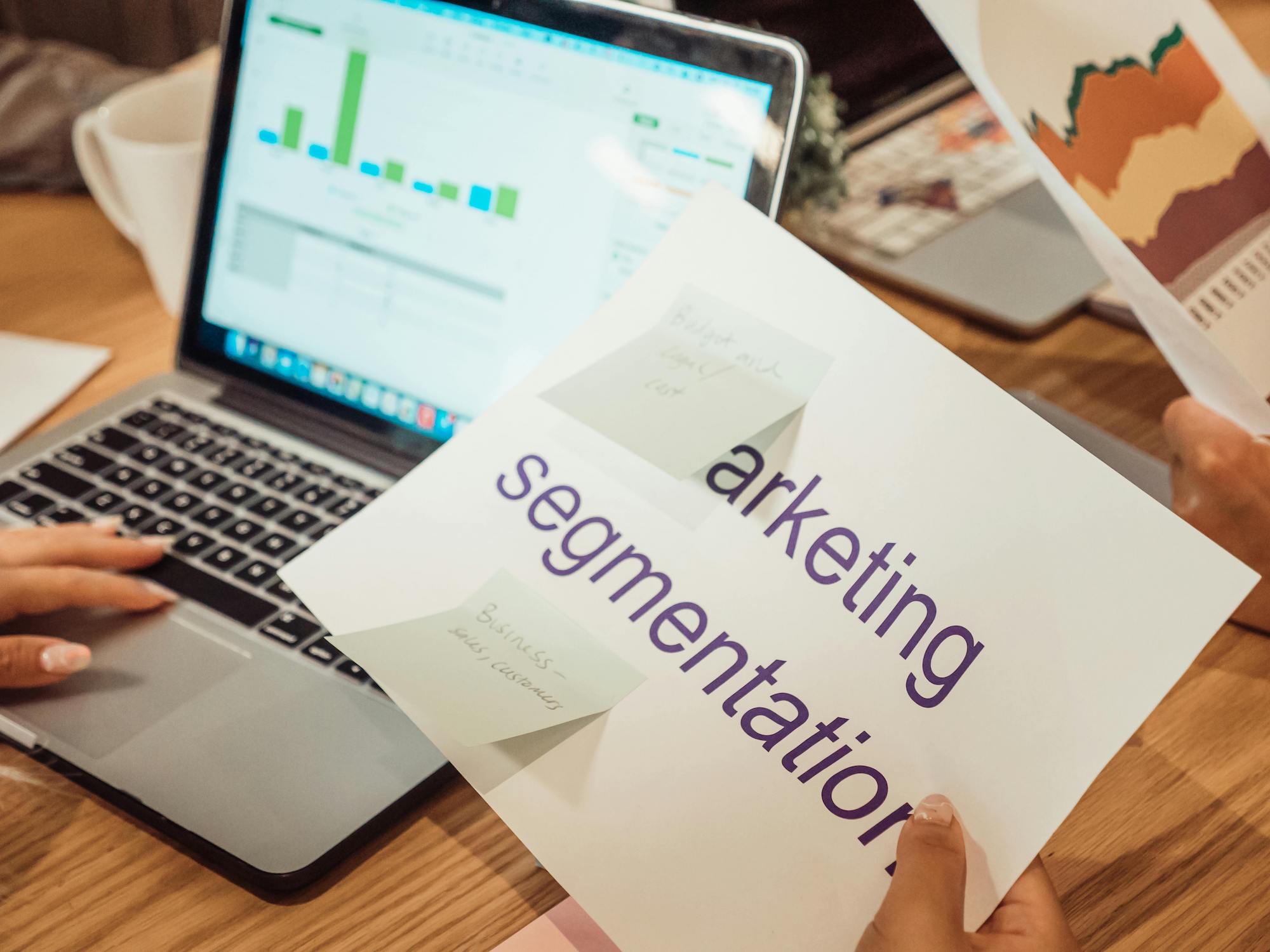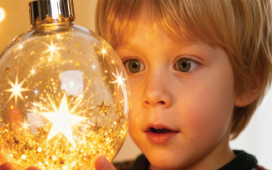 Red Dot Marketing's Raj Sagar highlights the perfect blend of data-led creativity to put content in front of audiences that want to see it.
Red Dot Marketing's Raj Sagar highlights the perfect blend of data-led creativity to put content in front of audiences that want to see it.When we think about marketing, it is easy to separate the creative from the analytical, it is often compared to the left brain and right brain working independently.
Data is typically associated with numbers, graphs, and insights, while creativity thrives on emotion, intuition, and storytelling. But successful marketing isn’t about choosing one over the other. Instead, it’s about harmonising both. Using data to sharpen creative decisions and creativity to transform data into meaningful connections.
The result? More focused, insightful, and creative campaigns that resonate with audiences and drive meaningful outcomes.
Authentic narratives from data-led insights
In today’s oversaturated digital landscape, standing out requires more than just creativity, it demands strategic precision. Data allows brands to move beyond generic messaging and connect with the right audience in a way that feels authentic.
For example, when we launched a social media campaign for a matcha café that focused on well-being, we used data to help reveal that a strong community of health-conscious individuals, primarily women, were drawn to wellness and sustainable living.
Armed with this insight, we crafted content tailored to their lifestyle, from posts highlighting matcha’s health benefits to wellbeing-driven narratives. The result? Higher engagement, increased customer loyalty, and a brand that felt intrinsically connected to its audience.
Similarly, when working on a social media ad campaign for a health app looking to recruit personal trainers within a short span of time, we leveraged data to pinpoint a demographic most likely to sign up. By refining our targeting accordingly as well as creating content that catered directly to person trainers, we saw a surge of 50 to 100 personal trainers signing up within 1-2 weeks, a testament to the power of aligning creativity with data-driven insights.

The future of marketing lies in data-led narratives
Beyond audience segmentation, data also plays an important role in shaping a campaign’s narrative, ensuring the story is not only engaging but also relevant and shareable. Creativity alone can craft an engaging message, but data fine-tunes it to maximise impact.
For instance, while executing the social media strategy for the matcha café, we closely monitored organic engagement to see which messaging resonated most with the audience. Analysing these interactions helped us refine the tone, content style, and themes, allowing us to create content for social media as well as for PR. Through this insight, we built a press release that positioned the café as ‘a sustainable space promoting well-being through unique matcha’s infused with health boosting powders.’
This wasn’t just about increasing engagement, it was about crafting a brand story that aligned seamlessly with the audience’s values, making it feel authentic and community driven.
Data amplifies marketing reach
Once the messaging is crafted, the data received through the organic engagement doesn’t just guide initial targeting, it also amplifies reach as well.
When content resonates with a specific segment, it naturally encourages word-of-mouth sharing, expanding its reach beyond the initial audience.
Content that authentically aligns with an audience’s interests, makes it shareable. Thus, creating a ripple effect that extends the campaign’s reach far beyond its original scope.
This is where the true synergy between data and creativity shines. Data ensures the right people see the message, while creativity makes it compelling enough for them to share.
Considering this, it is safe to say that the integration of data and creativity isn’t about choosing one over the other it’s about recognising that they are two sides of the same coin, each strengthening the other. Data provides the insights needed to target the right audience, while creativity transforms those insights into engaging, memorable experiences.
Brands that successfully harness both will not only connect with audiences in a more meaningful way but will also see a greater return on investment.
As the digital landscape continues to evolve, those who can balance data-driven precision with compelling storytelling will define the future of marketing.
By Raj Sagar, Founder and Creative Director, Red Dot Marketing









